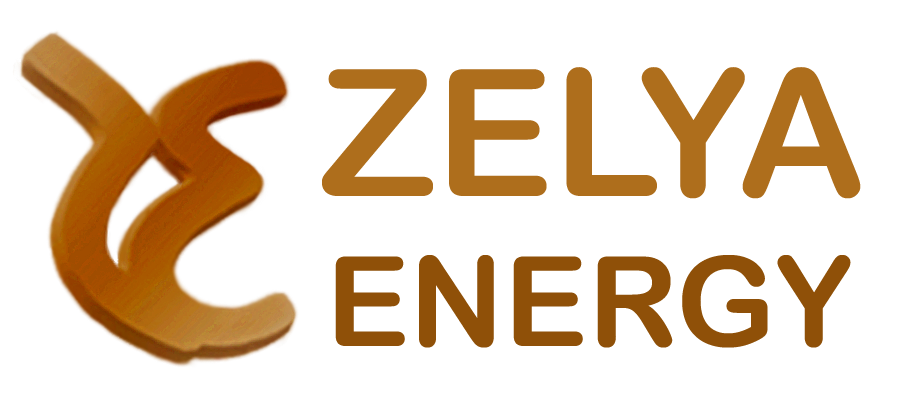You are an operator or owner of a hydropower plant backed by an H97-type purchase obligation contract. Your contract is therefore soon expiring and you wish to continue selling the electricity produced or perhaps sell your asset? In order to continue selling the electricity produced, you need to conclude a new electricity sales contract. However, the time limit is rather short and a large number of players and offers are available to you. We support you in defining the strategy most suitable for your plant and in presenting and possibly carrying out the procedures with the various interlocutors.
As of October 7, 2012, the first H97-type purchase obligation contracts, signed 15 years earlier, will reach maturity. If the power station is not shut down, and if the power station is not for sale, two choices are available to the operators and owners of hydroelectric plants:
- Sell the production on the market;
- Sell the production under an obligation to purchase from EDF.
Selling at market price
In the case of selling on the market, the producer chooses the best commercial offer to sell its electricity to an intermediary who will itself sell on the market (the electricity exchange, in France Epex).
The use of an intermediary allows the producer to avoid significant market access costs, save precious time, but also to aggregate its production volumes with those of several other producers and thus, to obtain better sale conditions of electricity.
Finally, the volumes of a single producer may be too low compared to the demand and therefore not find a buyer. Contracts range from a few months to several years. Prices correspond to an average of what has been practiced for several years. At least 15 market players offer production purchase offers.
Renovating the installation
At the end of a first purchase obligation contract (in this case H97), an existing plant cannot in principle benefit from a second purchase obligation contract.The renovation order specifically authorizes the producer and EDF (or unbundled distributors) to sign a new purchase obligation contract for the entire installed power of the hydroelectric plant: the production continues to be sold at a price defined by ministerial order and indexed each year.
However, to benefit from this scheme, renovation investments of several hundred euros per kilowatt installed are required from the producers. Indeed, the renewal of the purchase contract can only be considered with a significant investment, proving that the operator "invests".
The underlying argument is that all plants must have the same internal rate of return. Thus, by making renovation investments, an existing plant would have an economic return equivalent to that of a new plant.
